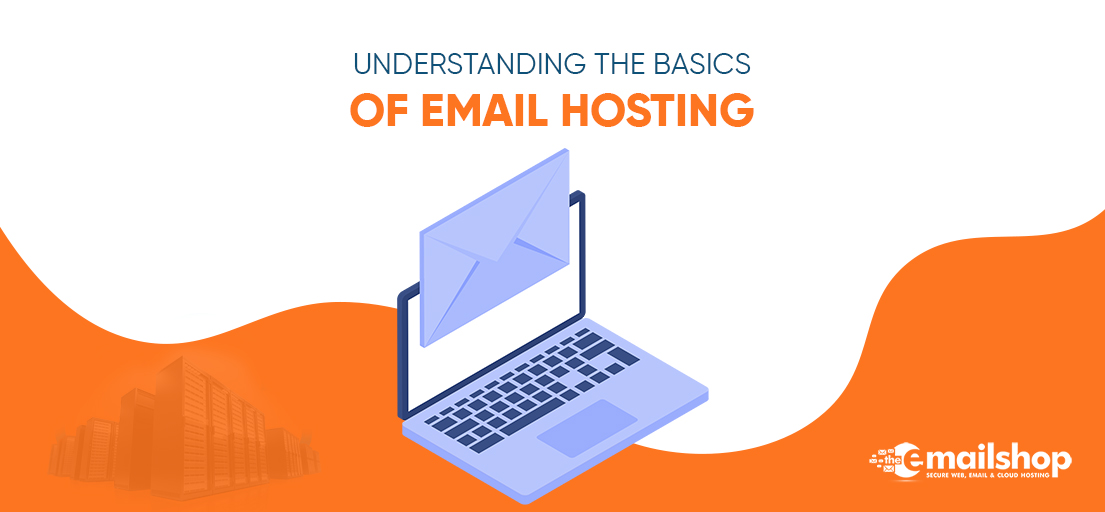Introduction to Email Hosting
Email hosting is a service that runs email servers. Simply put, if you own a domain name and want email service on that domain name, you would need to sign up for an email hosting service. Unlike free email services like Gmail or Yahoo, email hosting services are paid, and they offer a more premium and personalized email service. These services are usually ad-free, offer more extensive storage, and come with advanced features such as mail filtering, autoresponders, and sophisticated spam protection. In essence, email hosting is like your online post office, sorting and delivering your digital mail.
The Purpose and Importance of Email Hosting
Email hosting plays a crucial role in the digital world. Its main purpose is facilitating and managing an organization’s email services, ensuring smooth, reliable, and secure communication. It’s not just about sending or receiving emails but also about storing and sorting them effectively. Email hosting is important because it provides a professional touch to your communication, enhances data security, and offers ample storage space. It’s an essential tool for businesses, big or small, as it helps build credibility and improve customer relationships.
Different Types of Email Hosting
You can choose from several types of email hosting, each catering to different needs and preferences. The most common types are free email hosting, shared web and email hosting, dedicated email hosting, and Virtual Private Server (VPS) email hosting. Free email hosting, like Gmail or Yahoo, is great for personal use but lacks business professionalism. Shared web and email hosting is an economical option where your website and email share the same server. Dedicated email hosting means your email has its server, ensuring higher security and control. On the other hand, VPS email hosting provides you with a portion of a server solely dedicated to your emails, delivering a balance between cost and performance. Understanding these types will help you make an informed decision that best suits your needs.
Professional Email Hosting vs. Free Email Services
When managing your digital communication, choosing between professional email hosting and free email services can be a deciding factor. Professional email hosting offers a personalized email address that matches your domain, enhancing your professional image. It provides more storage, advanced security measures, and dedicated customer support. On the other hand, free email services like Gmail or Yahoo are cost-effective and user-friendly, but they come with limited features and control. They also use a generic domain, which might not appear as professional to your contacts. Understanding your business needs can help you choose the right service for you.
How Does Email Hosting Work?
Email hosting works like a post office but in a digital space. When you send an email, it goes through a process before reaching the recipient. First, your email service provider (like Gmail or Yahoo) sends the email to your recipient’s host. This host is a server where all their emails are stored. Once the email arrives at the recipient’s host, it is forwarded to their inbox. So, in short, an email host is a middleman, ensuring that your messages reach the right destination. It’s an essential service for businesses, providing a professional touch to their communication.
Features to Consider When Choosing an Email Hosting Provider
When choosing an email hosting provider, there are several features you should consider to ensure you’re making the best decision for your needs. Firstly, consider the storage capacity; you’ll need enough space to store all your emails and attachments. Secondly, look for a provider that offers robust spam and virus protection to keep your inbox safe and clutter-free. Thirdly, consider the accessibility of the email service; it should be easily accessible from various devices and platforms. Lastly, customer support is crucial. If you encounter any issues, you want a provider offering quick and helpful support. Considering these features, you can choose an email hosting provider that best fits your needs.
Steps to Set Up Email Hosting
Setting up email hosting is a straightforward process that involves a few simple steps. First, you must choose a domain name representing your brand or business. Next, you must purchase an email hosting plan from a reliable provider. This plan will provide the infrastructure necessary for your email service. Once you’ve purchased your plan, you must configure your email settings. This typically involves setting up your email address, choosing your display name, and setting up your password. Finally, you’ll need to connect your email account to your email client. This could be a web-based client like Gmail or a desktop client like Outlook. Once you’ve completed these steps, you’ll be ready to send and receive emails using your new email hosting service.
Understanding the Cost of Email Hosting
Email hosting, while a crucial part of any business, comes with its own set of costs. These costs can vary greatly depending on the size of your business, the number of email accounts you need, and the specific features you desire. Basic email hosting services can start as low as $1 per month per account, while more advanced packages with additional features like larger storage space, advanced spam protection, and 24/7 customer support can go up to $10 or more per month per account. Understanding these costs, comparing different providers, and choosing a service that fits your budget and meets your business needs is important.
Potential Issues and Solutions in Email Hosting
While incredibly useful, email hosting can sometimes come with its own challenges. Some common issues include spam, security concerns, and storage limitations. But don’t let these problems deter you! There are solutions available to tackle these issues. For instance, you can use filters to combat spam and regularly update your spam definitions. To improve security, consider using encryption and multi-factor authentication. As for storage limitations, many email hosting providers offer scalable plans, allowing you to increase your storage capacity as needed. Understanding these potential issues and their solutions can help you make the most out of your email hosting service.
Concluding Thoughts on Email Hosting Basics
In conclusion, understanding the basics of email hosting is crucial in today’s digital age. Email hosting is a service that runs email servers, allowing businesses to use custom email addresses to enhance their credibility. It’s more than just sending and receiving emails – it’s about security, storage, and seamless synchronization across devices. As we navigate the world of technology, a sound knowledge of email hosting becomes a valuable asset, helping us utilize these services effectively and safely. Remember, a good email hosting provider can boost your professional image, so choose wisely!









